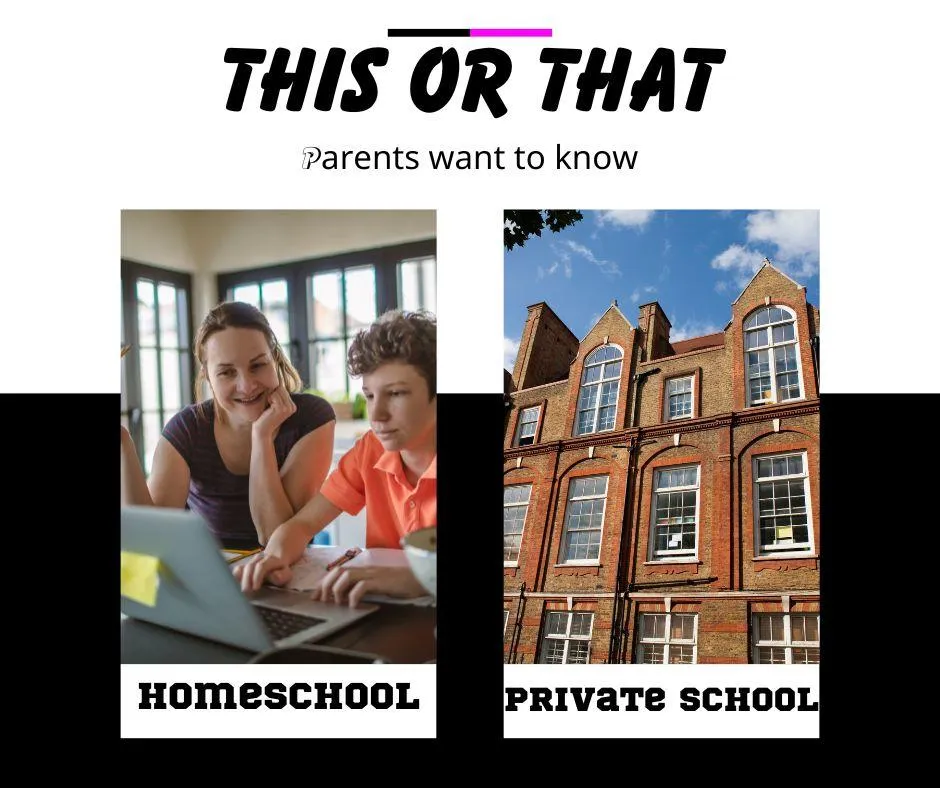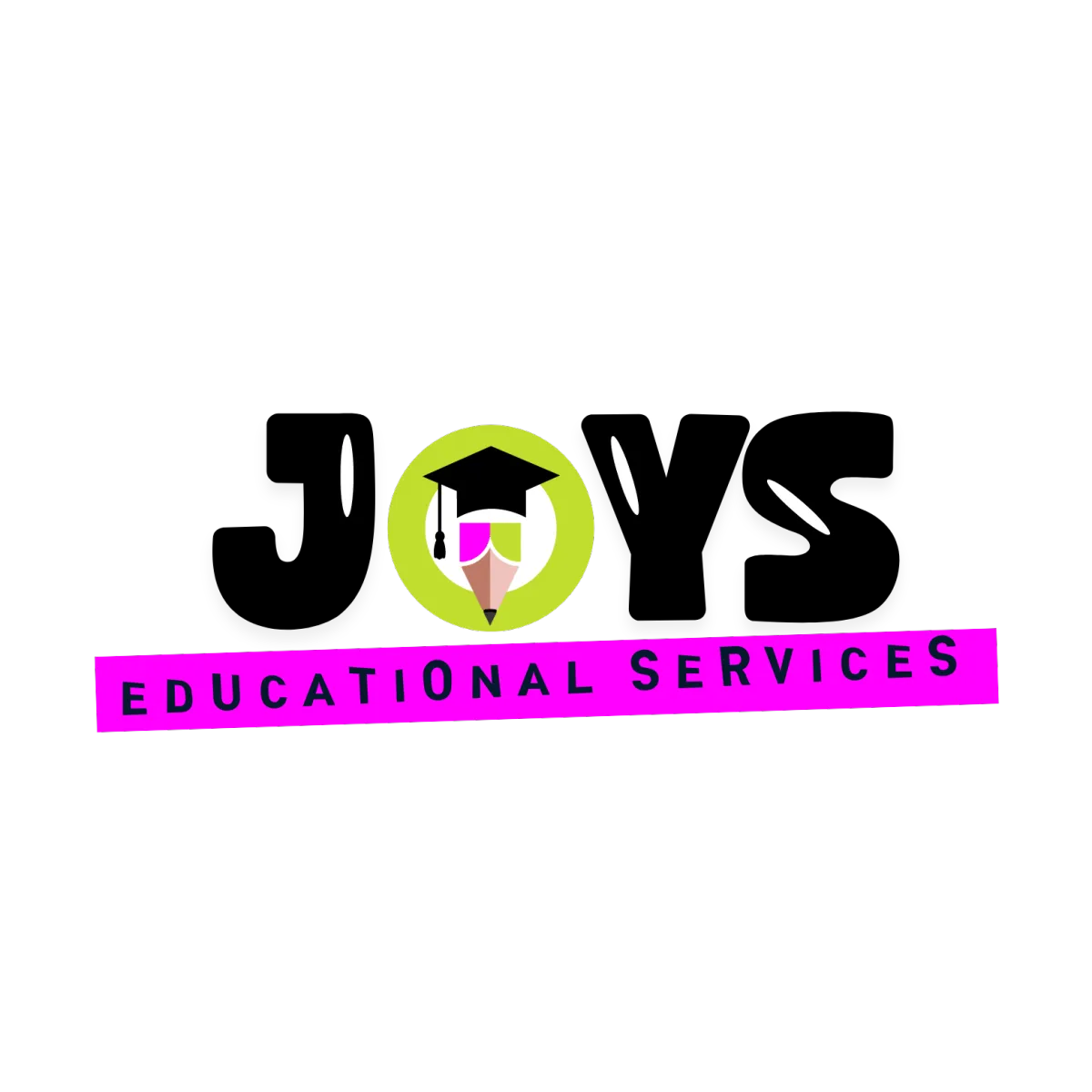Contact Us
The Parent’s Corner:
Insights, Advice, and Inspiration

Homeschool or Private School? How to Decide the Best Path for Your Child
Homeschooling vs. Private Schooling: Exploring Alternatives to Traditional Education
When traditional schools don’t meet a child’s needs—whether due to large class sizes, curriculum concerns, or lack of support—many families turn to homeschooling or private schooling as alternatives. Both options provide pathways to personalized learning, but each comes with unique benefits and challenges. Understanding these choices will help you decide what’s best for your family.

Why Families Consider Alternatives to Traditional Schools
Families often explore educational alternatives when traditional schools fall short in meeting their child’s individual needs. Common reasons include:
Parents Feel Unheard: Many parents feel their concerns aren’t acknowledged by teachers or staff, making advocacy difficult.
Individual Needs Aren’t Met: Large class sizes and limited resources leave some students without adequate attention.
Staffing Challenges: Teacher shortages and high turnover disrupt stability and learning.
Curriculum Concerns: Parents sometimes disagree with what’s being taught and want more control over their child’s education.
📊 According to the U.S. Department of Education, 34% of families cited school environment concerns, 17% reported dissatisfaction with teaching, and 16% pursued homeschooling for religious reasons.
The Advantages of Homeschooling
Homeschooling offers flexibility and customization that many families value:
Flexible Schedule: Families can design a school day that works around travel, extracurriculars, or unique learning needs.
Customized Curriculum: Parents tailor lessons to a child’s strengths and interests, often blending core subjects with real-world skills like budgeting, cooking, or entrepreneurship.
Opportunities for Advanced Learning: Studies show homeschooled students often outperform public school peers. In fact, 74% of homeschooled students go on to college compared to 44% of public school students.
Focus on Practical Skills: Homeschooling makes it easy to integrate life skills into daily lessons, connecting academics to real-world applications.
💬 One parent proudly shared that her child reached college-level reading comprehension by fourth grade thanks to homeschooling. At the same time, some students noted knowledge gaps when parents didn’t follow state standards closely—highlighting the importance of balance.
The Advantages of Private Schooling
Private schools attract families looking for structured and academically rigorous environments:
Faith-Based Education: Many private schools are religiously affiliated, offering both academic instruction and moral or spiritual development.
Rigorous Curriculum: Coursework is often more challenging, preparing students for college and specialized careers.
Freedom from State Testing: Without the constraints of state assessments, private schools can focus on deeper learning rather than “teaching to the test.”
📊 Nationally, about 10% of K–12 students attend private schools, showing that while fewer in number, these institutions continue to be a valued option for families seeking rigor and character-based education.

Challenges to Consider
Before committing to homeschooling or private school, parents should weigh the challenges:
Time Commitment: Homeschooling requires significant planning and teaching from parents. Private schools may involve commutes and event participation.
Financial Investment: Homeschooling costs range from $700–$1,800 per year, while private school tuition can range from several thousand to $20,000+ annually.
Dedication and Stress: Homeschooling parents juggle the roles of parent and teacher, while private school parents stay active in school communities.
Impact on Family Dynamics: Homeschooling may affect siblings’ routines, and private school commitments may strain finances and schedules.
Effects on the Child: Homeschooling can limit social interaction if not paired with sports or activities. Private schools may add pressure with high expectations.
💬 One student reflected: “It made me feel very alone, very confused, and very afraid of the outside world.” Another parent recommended balance: “Maybe add a sport or summer camp—it makes a big difference.”
How to Decide What’s Best for Your Family
There’s no one-size-fits-all answer. Choosing between homeschooling, private schooling, or staying in traditional schools is a deeply personal decision. To guide your choice:
Research each option thoroughly.
Weigh how it will affect your child, your family dynamics, and your long-term goals.
Aim for consistency—stability is key to your child’s success.
Consider “trial runs” of school routines before fully switching to a new path.
📊 Homeschooling has grown significantly—a 51% increase since 2017–18. In Oregon, it accounted for 26% of a 1.2 million drop in public school enrollment, while private schools accounted for another 14%.
Final Thoughts
Both homeschooling and private schooling provide families with alternatives when traditional systems don’t fit. These paths offer customized instruction, adaptable schedules, and rigorous academics—but they also require careful consideration of time, cost, and family dynamics.
Ready to Take the Next Step?
If you’re considering homeschooling or private school, you don’t have to figure it out on your own. At Joy’s Educational Services, we help families build strong foundations with personalized tutoring and guidance.
👉 Reach out today and let’s talk about how we can support your child’s learning journey.

